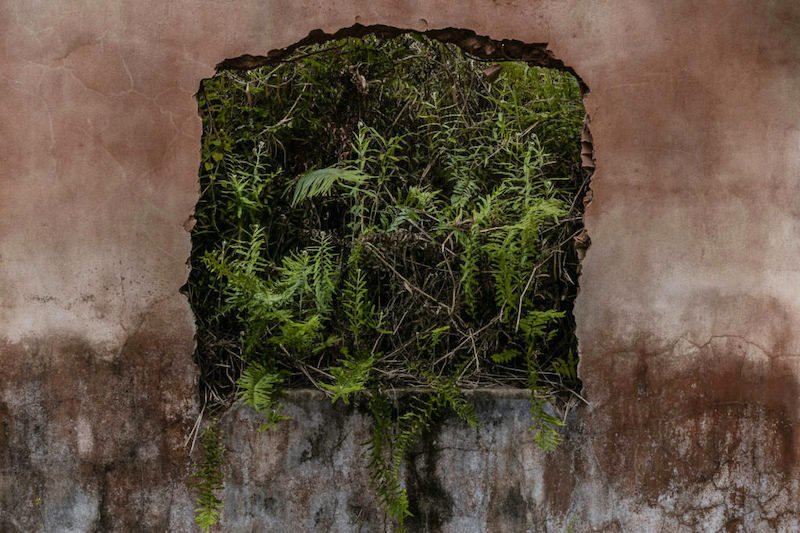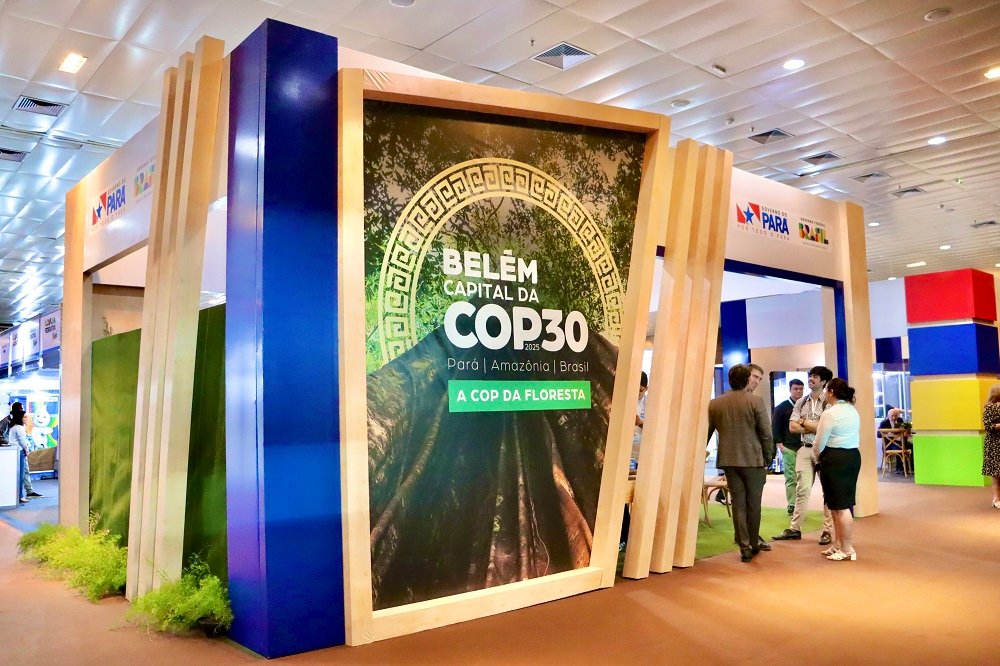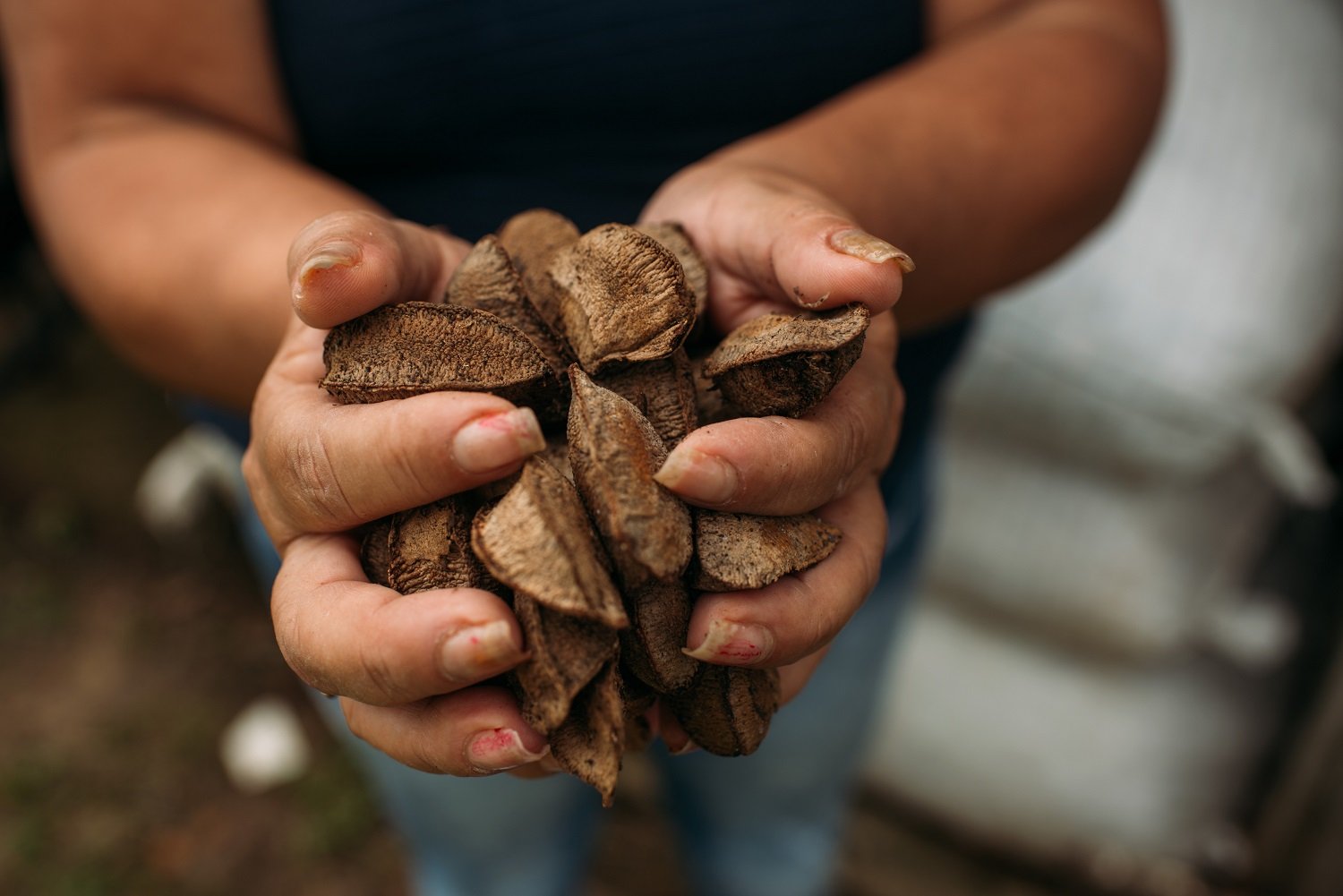A group of Samarco creditors accuses brazilian Vale and the anglo-australian BHP, the company’s owners, of making financial maneuvers using the Renova Foundation, created to pay compensation owed by Samarco because of the Mariana dam disaster.
As a result of the maneuvers, Samarco, under judicial reorganization since April, would have to pay R$ 24 billion (almost US$ 5 billion) to Vale and BHP. This amount represents half of Samarco’s total debt.
The new facts are directly related to an investigation published in July 2020 in the Mining Observatory, showing that Vale and BHP were using Samarco and Renova to reimburse part of the billions of reais they agreed to pay as compensation for the dam’s failure in Mariana, in November 2015, the biggest environmental disaster in Brazil.
This is exactly what the creditors discover during the process of Samarco restructuring. Now Vale and BHP want their money back. They also appear in the judicial recovery documents as privileged creditors, with a right to receive before others.
Creditors question these maneuvers in a petition dated June 15 to Second Commercial Court of Belo Horizonte (MG).
In the view of creditors, based on financial statements and documents obtained from the Commercial Registry of MG, “Vale and BHP use Samarco to make the contributions due to Renova, for which they are objectively and jointly liable, as if assuming such responsibility were a prerogative and not a legal and constitutional result”.
For these maneuvers, Samarco owed R$ 11.9 billion to Vale and R$ 11.8 billion to BHP. These actions have “concrete and palpable” connotations of fraud, the group alleges.
Creditors also claim that Vale and BHP have an obligation to make contributions to Renova, so that the foundation can pay its obligations to repair the social and environmental damages, as established in the agreement between the mining companies and the governments of Brazil, Minas Gerais and Espírito Santo states, in 2016. For them, the two companies have the right to charge Samarco for only one third of the amounts they request.
The group of lenders is also questioning a new loan of R$ 1.2 billion that Samarco is trying to obtain with Vale and BHP. They say that this loan does not follow a fair process and that Vale and BHP were the only ones to offer the amount.
Photo: Isis Medeiros
Vale and BHP say they have the right to receive the money
When contacted, Vale said that “as a shareholder, it reinforces its commitment to the sustainability of Samarco in order to maintain the continuity of its operations, generating jobs and income. Only in this way will Samarco be able to maintain its commitments to repair the damage caused by the disruption of the Fundão dam, as agreed in the TTAC — a commitment with the competent authorities”.
According to the mining company, “in the last five years, Vale and BHP, as shareholders, have supported Samarco with US$ 4.1 billion for the maintenance of the company, allowing the resumption of its operations and aiming to enable Samarco to fulfill its obligations “.
BHP, which owns the other half of Samarco, said that “together, BHP and Vale have made contributions to Samarco of approximately R$24 billion in the last five years, to allow the company to survive, restart its operations and finance the remediation and compensation carried out by the Renova Foundation. The financing was granted on terms similar to those of other pre-default debts of Samarco, although granted in different circumstances.”
Samarco stated that, “with respect to obligations not subject to judicial recovery, including the commitments with the reparation agreements, Samarco reaffirms its responsibility, being responsible for the payments arising therefrom”.
Renova’s staff said, by telephone, that the foundation would not comment.
Creditors accuse mining companies of “final blow”
The group of creditors questioning Vale and BHP’s maneuvers brings together investment funds and institutions such as York, Ashmore, Canyon, Bank of America, Maple Rock, Solus, HSBC, BNY Mellon, Citigroup and others, which they represent around R$21 billion of Samarco’s debt. It is 80% of Samarco’s debt, already taking out the R$ 24 billion for Vale and BHP.
In the June 15 petition, from Padis Mattar, FCDG and Resende Ribeiro & Reis, who represent this group of creditors, sent to Judge Adilon Cláver de Resende and entitled “The Final Blow by Vale and BHP”, 91 allegations are made.
In the period between 2016 and 2021, the petition states, Vale and BHP signed 92 contracts with Samarco. The first, dated October 27, 2016– seven months after the signing of the redress agreement between the miners and the governments. The last ones date from March 15, 2021, less than a month before the judicial recovery.
The creditors’ final requests to the judge of the 2nd Business Court of Belo Horizonte include the full rejection of the new loan of R$ 1.2 billion and the prohibition of Samarco to “make any payment to Renova, due to the manifest competition of the credit due, as social and environmental obligations”.
About the mentioned creditors, Vale and BHP said that they are “mostly funds that bought Samarco’s debt after the Fundão dam collapsed and did not contribute any financing or resources to the company’s recovery”.
Samarco said that the new R$1.2 billion loan is “a legal financing mechanism widely used by companies undergoing judicial recovery”.
Regarding creditors holding R$ 21 billion of its debt, Samarco stated that “what creditors are proposing goes exactly against Samarco’s commitments to repair damages, economic and financial recovery and maintain its social function “.
Prosecutors asked for extinction of foundation and suspicion of judge
In February 2021, the prosecutors of Minas Gerais asked for the extinction of the Renova Foundation and a fine of R$ 10 billion. The process depends on the STJ (Superior Court of Justice) deciding, at the request of the AGU (Attorney General of the Union) whether the jurisdiction to judge it is state or federal.
In this context, the simplified compensation system created by the judge of the 12th Federal Court of Belo Horizonte, Mário de Paula Franco Júnior, is also at stake. Renova has already paid more than R$1.2 billion in indemnities for this system, which requires the affected person to give up various rights.
The system, which does not respect the agreement made with Public Prosecutors and Defenders and the entire history of debate in the territories, led to the request for suspicion of substitute judge Mário de Paula Franco Júnior, after stories published here at the Mining Observatory.
Descubra mais sobre Observatório da Mineração
Assine para receber nossas notícias mais recentes por e-mail.





